Paramount’s Ghost in the Shell film is officially a flop after pulling in $19 million on its opening weekend and on course to lose $60 million overall. Live-action adaptations of anime and manga series’ are always tough, but with this latest disappointment, what, if any, lessons have we learned?
There’s no shortage of lessons, that’s for sure. To say that the original Ghost in the Shell manga and anime were groundbreaking is an understatement. They fueled the sci-fi cyberpunk boom and quickly developed mass appeal outside of Japan. The property is one of the most popular and recognizable animated ones to emerge from Japan and Paramount bet big on it kickstarting a new live-action franchise. There’s a host of lessons to be learned and they don’t all involve adapting an animated film to live-action.

Countless analyses of the film’s development and pre-release hype made excessive note of the casting decisions. As far as I’m concerned in approaching the film from an objective standpoint, that’s almost a non-starter for this discussion. Were a decent number of fans of the original upset? Yes. Does Hollywood have a particular problem with this kind of thing when it comes to animation? Yes. Did it actively affect the overall quality of the film and its box office performance? Not perceptibly.
The issues with Ghost in the Shell stem from two main areas. The first is that the film attempted to translate the animated original into a live-action adaptation. The second is that it took a Japanese creation and remade it in the Western mold.
Animation is unique. It’s seemingly both a genre and an artform. Animated sci-fi films are similar to their live-action counterparts but they’re still somehow different. Just look at The Matrix and it’s animated companion The Animatrix. They two creations are very similar, yet their discernibly different. Would they be seen in the same light if their roles were reversed? Animation’s qualities and strengths lie in the fact that the audience willingly gives up a degree of realistic expectations which leaves them free to enjoy what’s on-screen. Live-action doesn’t have that luxury; it has to fool the audience into the same situation through complex VFX or wholly realistic CGI.
With Ghost in the Shell, suspension of belief is a viewing requirement because of its setting, and part of the appeal of the original were the parts that rewarded the viewer for engaging in such a feat. In using live-action, the current film has to work to achieve the same effect, and that’s not easily accomplished to the detriment of audience rewards. Time is spent on action, not building a world. The Matrix cleverly avoided this by remaining grounded in relative reality with only side excursions to the ‘real world.’
The second issue is cultural. Anime and manga in general are very strongly associated with Japan and the reasons are sometimes subtle or imperceptible to the untrained eye. Failing to understand the culture of Japan does result in a markedly different experience when it comes to consuming its art. A manga series I read recently (Hot Gimmick for the curious) left many readers with deep-rooted confusion regarding the characters and their story. Yet a basic understanding of Japanese culture and way of life would lead them to seeing things in a different, more sympathetic light.

Lastly of course there’s the question of whether the film is any good. Rotten Tomatoes doesn’t lie though. Other problems aside, Ghost in the Shell just fails to live up to the standard of what’s expected of a major tentpole these days.
Paramount took a gamble with Ghost in the Shell because they fell into the classic trap of seeing a popular property that they reckoned they could profit from without understanding what made it so successful in the first place. We’ve seen it time and time again (shoutout to DC Comics and their ‘stellar’ efforts.) Failing to understand the precise reasons why something is popular means that its going to be nigh-on impossible to spread that appeal to a broader audience. Ghost in the Shell is the quintessential post-bubble sci-fi anime series. It has no relevance to Western audiences today besides being a source of high-concept CGI filmmaking. Paramount dropped the ball but hopefully others will learn a valuable lesson or two.
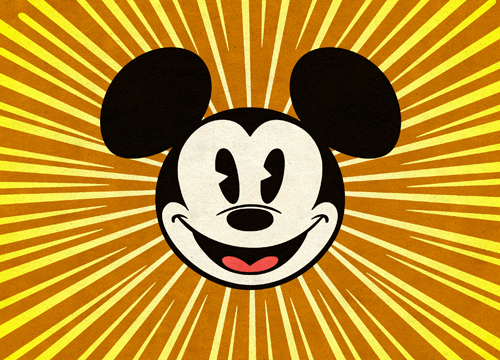



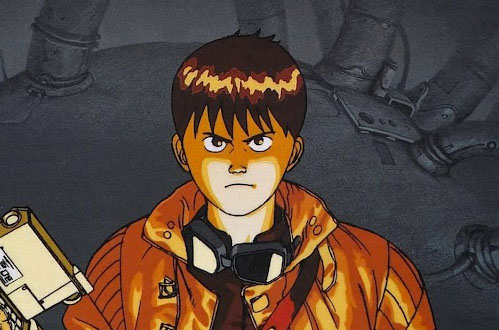
















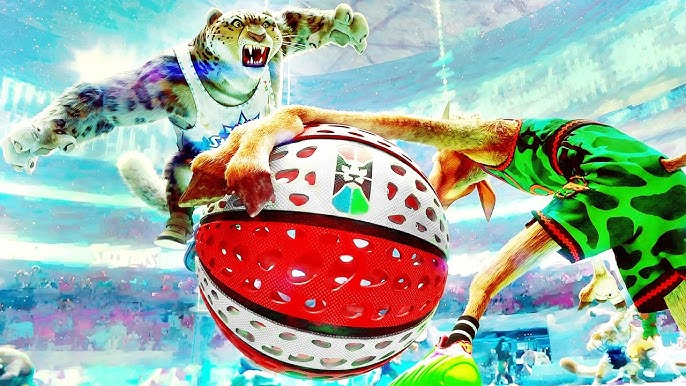

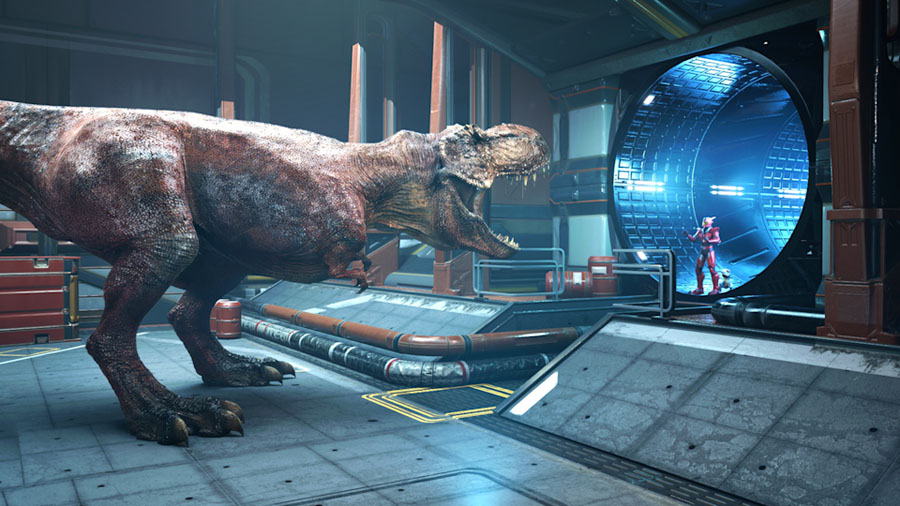
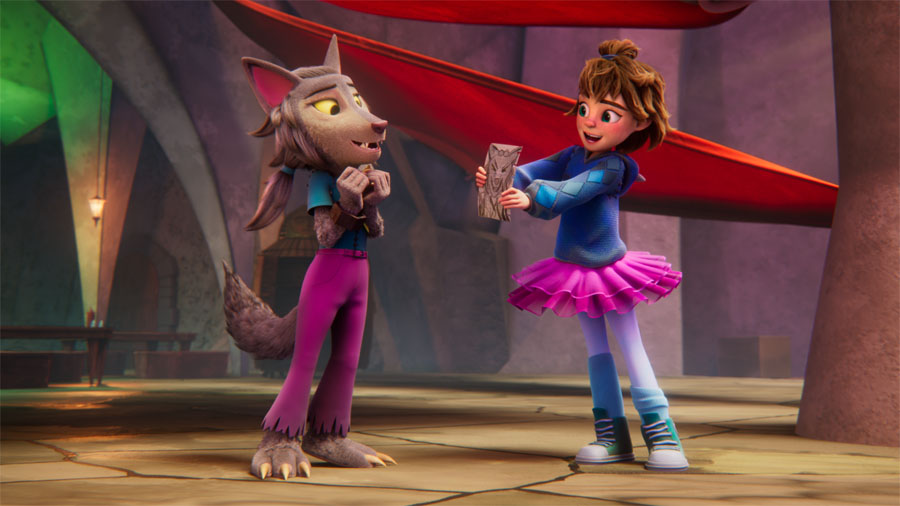

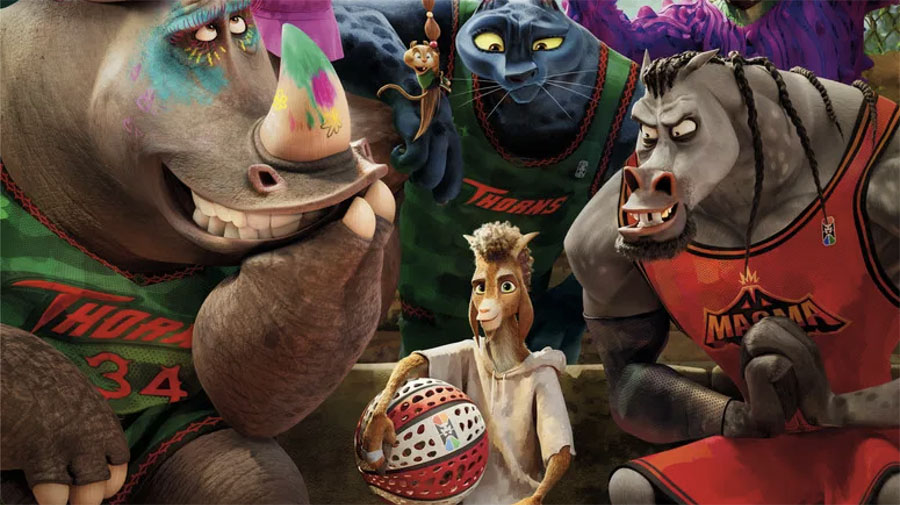



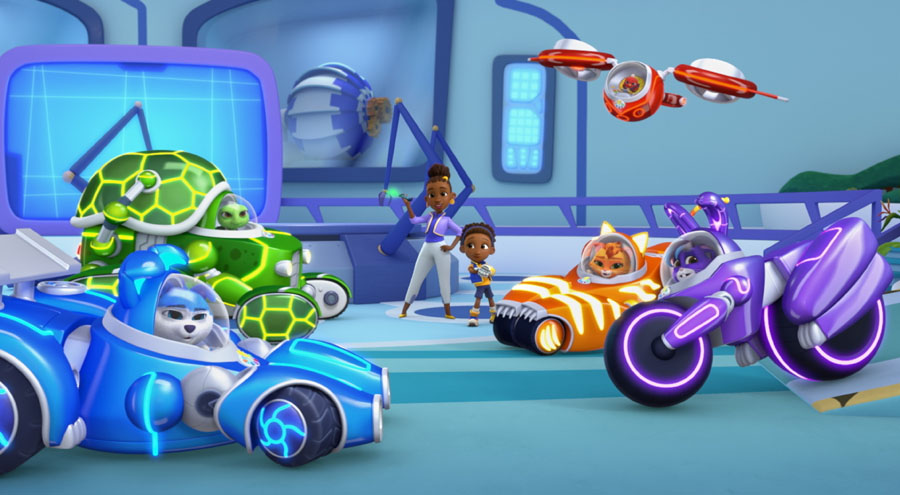
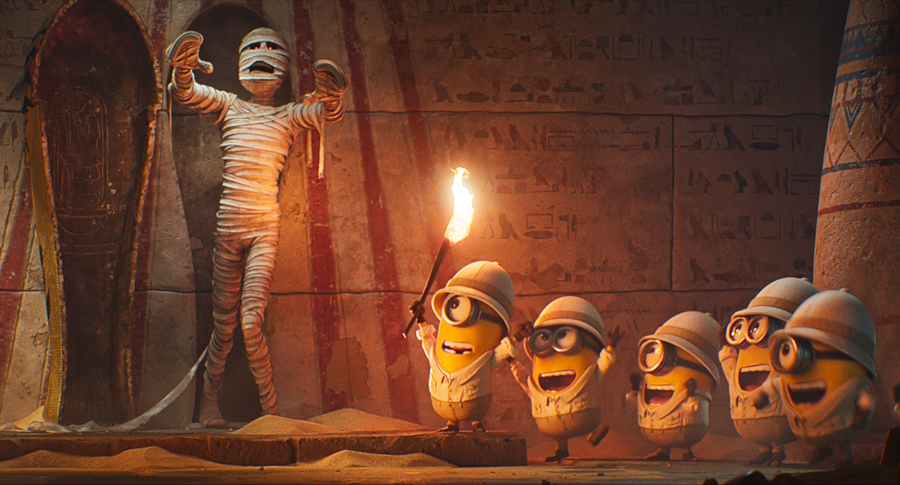


0 Responses
It’s the exact same thing with video game adaptations too, Hiring people who have no interest nor knowledge of the property they’re about to adapt and just turn it into something they want to make doesn’t exactly help either.
The only Western manga adaptation to get it right really was Crying Freeman.
But the new Ghost in the Shell was well-received in Japan.